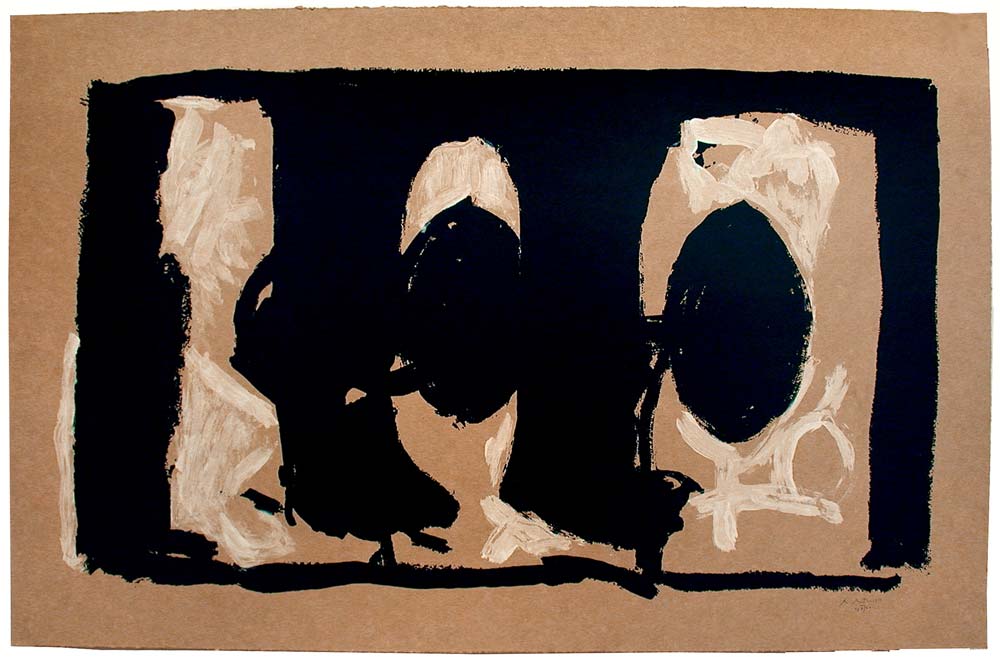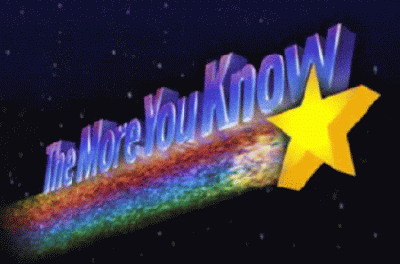I knew that after the first year I would have to slow down with the blog, though I didn't intend to end it completely. So I apologize to my adoring fans for the radio silence, offering up only this excuse: it's been a rough year.
But I'd rather not have all the posts for 2011 be about death, much though the subject entrances me. So I’ve got a much cheerier subject for today: race.
I read an incredible article today called “Writing Like a White Guy” by Jaswinder Bolina. It’s pretty far-ranging, examining assimilation, the second-generation immigrant experience, a post-Obama American academia, the perceived necessity to write or not write about race in order to ingratiate yourself with a specific audience.
But my favorite part was this:
“When I say ‘privilege’ here, I mean the condition of not needing to consider what others are forced to consider. The privilege of whiteness in America—particularly male, heteronormative whiteness—is the privilege to speak from a blank slate, to not need to address questions of race, gender, sexuality, or class except by choice, to not need to acknowledge wherefrom one speaks. It’s the position of no position, the voice from nowhere or from everywhere. In this, it is Godlike, and if nothing else, that’s saying something.”
This seems to point a finger right at me. I come from a background of particularly male, heteronormative whiteness that not only has no need to address questions of race, gender, sexuality or class but positively disdains to. I saw those questions as side trails at best, but primarily as unimportant distractions. After all, why bother with such picayune details when one’s eternal soul was at stake?
And there’s the rub: as a straight white male American, such “minor” concerns don’t touch me unless I let them. I can focus on whichever I choose, or none at all. And this blind spot leads me to hold those in contempt for whom such questions are unavoidable, inescapable. I can see it in my choice of reading material: I favor male poets over female, straight over gay, religious over secular.
I wonder if that blind spot is precisely what gets white people into trouble. You can see it in our stereotypes — the White Savior, the White Supremacist, the Great White Hope. And the obverse side — the Magical Black Man, the Black Sidekick, the Cool Black Guy. And that’s scratching a small surface of one side of the coin.
As a good 21st-century liberal, I feel a duty to be shocked and appalled by my own ignorance. I feel a little taken aback, actually: I’ve felt this dichotomy for years, but never seemed to stop and examine it. How can I claim to be sensitive to race, class, culture, gender, orientation, but still feel above it all? I tend to force writers to cater to my tastes and preferences, which includes not addressing the concerns mentioned above. I don’t care about such things, why should they?
In my worst moments, I can hear myself sounding like a bigoted member of your extended family, the ones who never seemed to get that you have to at least give some due obeisance to political correctness. For example: “Those black poets, always writing about how black they are. Why can’t they find something ELSE to talk about?” Or, “You’re gay, and you’re writing about being gay. Surprise, surprise!”
I think this revelation has led me in two distinct but complementary directions: dive far more deeply into writing that addresses these questions. And force myself to examine my own heritage of whiteness, privilege and apathy.
I think I may be the worst kind of bigot: the one who believes himself a tolerant, respectful champion of (air-quotes) minorities. But I’m starting to appreciate Oprah’s favorite quote from Terence: “I am a man, I consider nothing that is human alien to me.”
But I think I need your help to do it. How can a white guy learn to love and build up every human that is different from him?
I close with one of Bolina’s poems I found online that obliquely addresses some of this:
Course in General Linguistics
Jaswinder Bolina
not some yokel hurling
sand nigger at me
sand nigger at me
from a beat-up Cutlass Sierra at seven a.m.
If I’m going to be attacked,
let it be by asteroid or metastasis
let it be by asteroid or metastasis
not the toothless yahoo of my expectations.
What I can’t understand is
who has the energy to be a xenophobe at seven in the morning.
who has the energy to be a xenophobe at seven in the morning.
Not me anyway, though I have energy enough to think of language.
Thud meant the saying
of sand nigger, so a sign is more than a signifier
of sand nigger, so a sign is more than a signifier
with its tongue neatly stuck
in the ear of the signified.
in the ear of the signified.
It sometimes slobbers around some.
Anyway, I don’t mind being attacked,
just let it be by precision guidance
just let it be by precision guidance
or satellite track, a line item in the budget
instead of dead language. Sand nigger,
he hollered, hoping for a rim shot maybe,
or maybe meaning, Go back where you came from.
or maybe meaning, Go back where you came from.
How could I explain I had nowhere to go,
no other way to get where I was going,
no other way to get where I was going,
and I hadn’t meant to sully his morning
and hadn’t meant to make him uncomfortable,
and hadn’t meant to make him uncomfortable,
but if he thought he was uncomfortable,
I mean the guy howled
I mean the guy howled
Sand nigger! at me,
and there were people around.
and there were people around.
I was so embarrassed for them
looking so uncertainly to me and what I might do,
looking so uncertainly to me and what I might do,
so I set about explaining
how he’d gotten the country of origin wrong,
how he’d gotten the country of origin wrong,
how my folks are from green fields
and there isn’t any sand there,
and there isn’t any sand there,
and I’m from Chicago,
and sure I’m brown, but I’m harmless.
and sure I’m brown, but I’m harmless.
I mean, I don’t even believe in God.
Then I thought of all the people he meant
when he offered, Sand nigger,
when he offered, Sand nigger,
and thought of all the people
he might’ve hoisted sand nigger upon
he might’ve hoisted sand nigger upon
just that morning even, and how even now
he’s probably somewhere in his Cutlass Sierra
he’s probably somewhere in his Cutlass Sierra
shouting, Sand nigger! Sand nigger!
at over-baked socialites strolling out of tanning salons,
squinting into the sun,
squinting into the sun,
and how all us sand niggers are in this together.
Anyway, he shouted sand nigger,
and the others I told this to all agreed
and the others I told this to all agreed
it was just disgusting the way he shouted that at me,
so the signifier disgusting signified that
which signified sand nigger
which had meant disgusting all along,
which had meant disgusting all along,
but I could barely blame him,
all that concrete and glass
having fallen out of blue September,
having fallen out of blue September,
the god-awful, sand-nigger sky,
how it was his sky, and I wanted then to embrace him
and murmur, I understand,
or, I’m sorry,
or, I’m sorry,
or maybe, I want to stab you in the heart,
meaning, How easy it is to wound,
how much easier to be the wounded.



